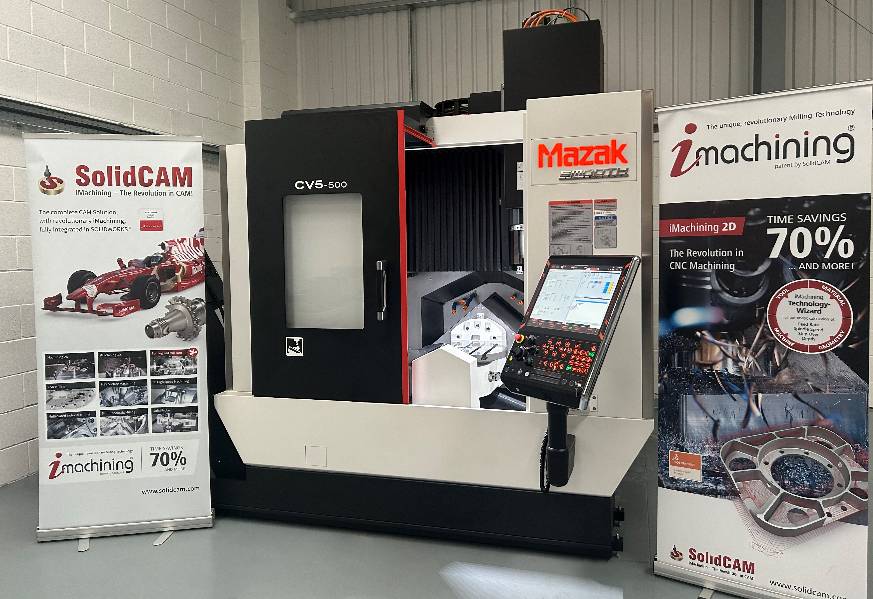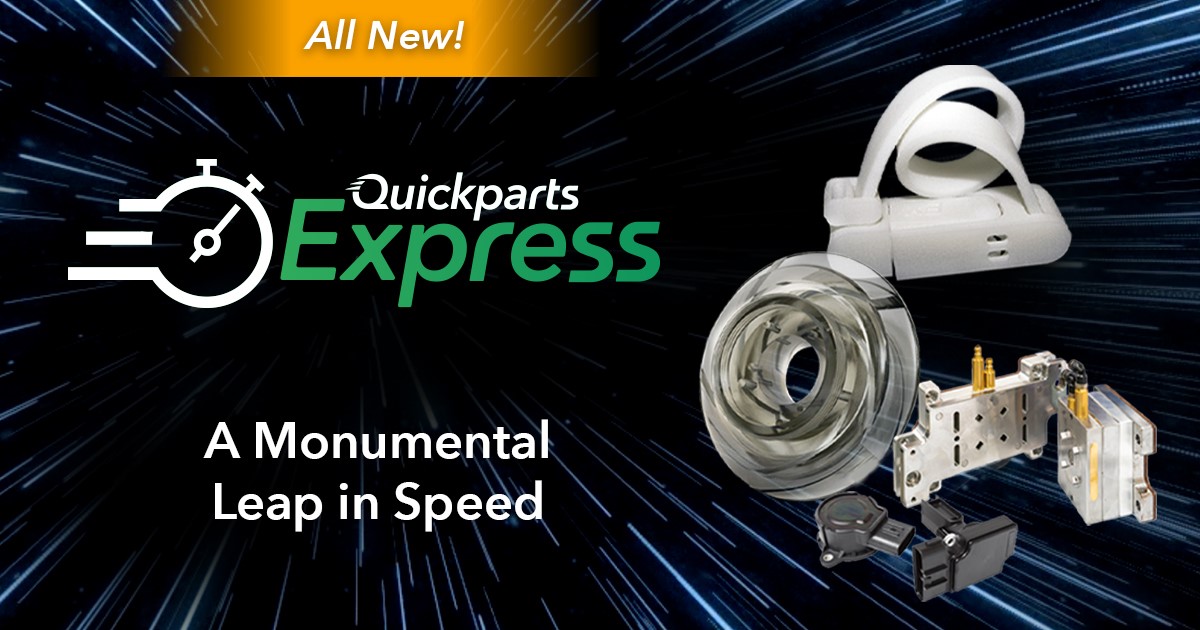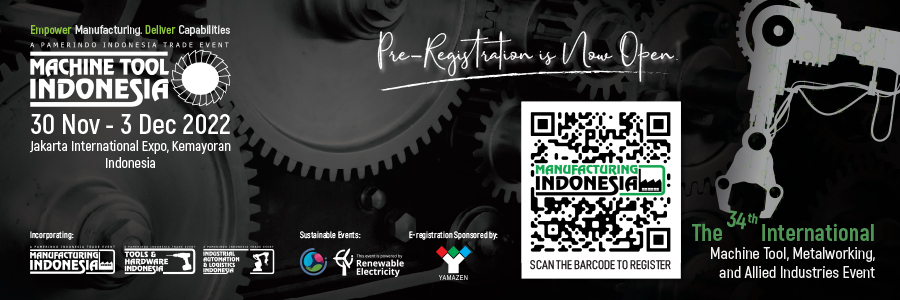CADCAM reseller SolidCAM UK has taken delivery of a new CV5-500 five-axis machining centre from machine tool partner Yamazaki Mazak UK at its technology centre in Barnsley, which visitors to its forthcoming live cutting seminar will be able to see in action. The company says that the high-accuracy model will allow potential customers to witness first-hand how the machine, combined with the right software, can increase the productivity and efficiency of any workshop. The company will showcase the machine for the first time during a SolidCAM UK live cutting seminar on 1 December.
For further information www.solidcamuk.com/events



















